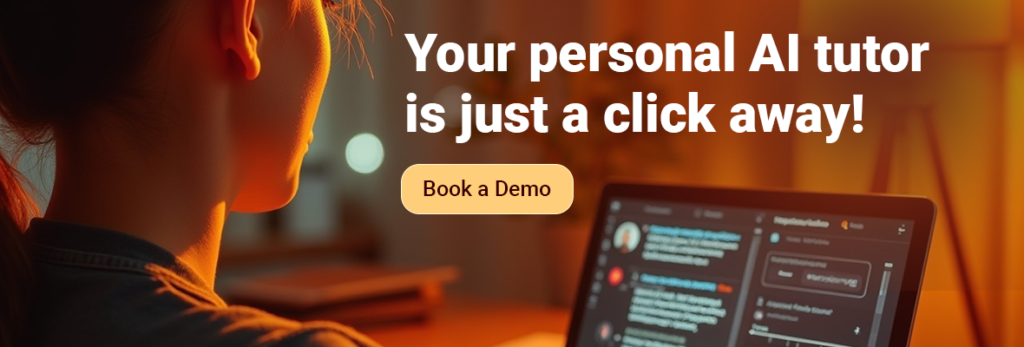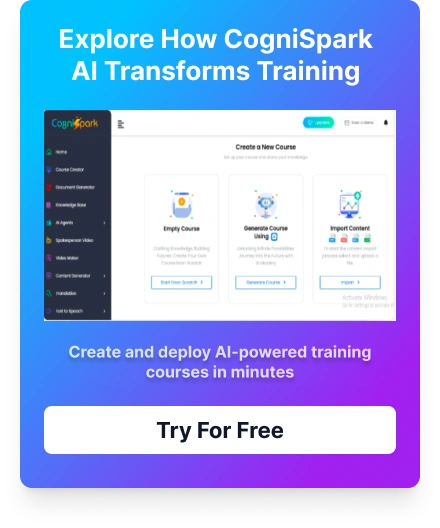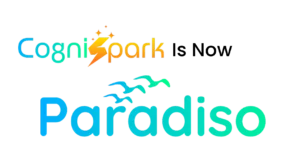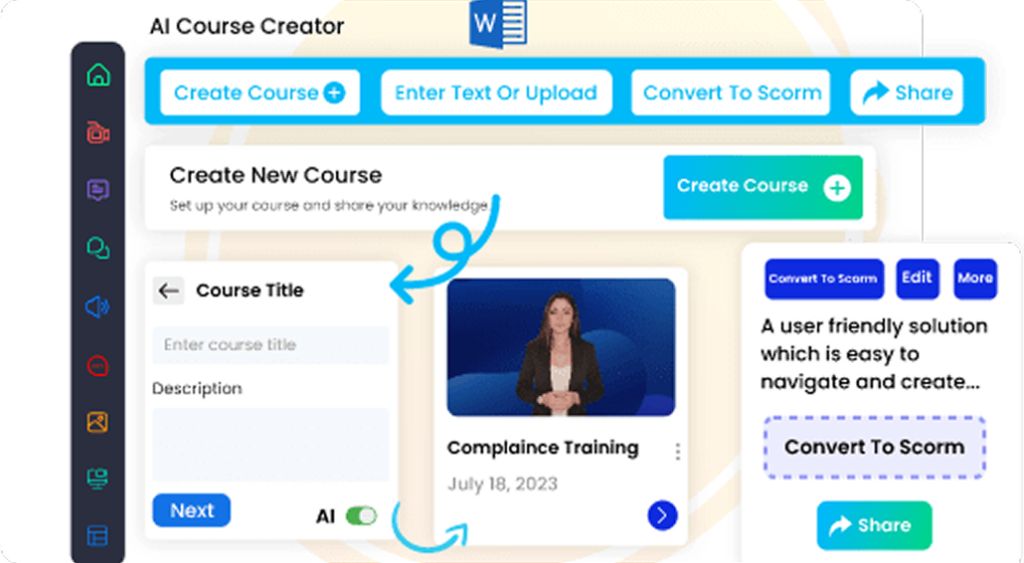Artificial Intelligence (AI) is transforming multiple industries, and education is no exception. AI-powered tutors are gaining traction, offering personalized learning experiences, real-time feedback, and round-the-clock availability. With the increasing integration of AI in education, the question arises: Can AI tutors replace human teachers?
While AI tutor have their advantages, human teachers bring irreplaceable qualities such as emotional intelligence, adaptability, and mentorship. This blog explores the strengths and limitations of AI tutors compared to human teachers, addressing key concerns and future possibilities.
What Are AI Tutors and How Do They Work?
AI tutors are software programs that leverage machine learning, natural language processing (NLP), and adaptive algorithms to provide personalized instruction. These AI-driven systems analyze students’ learning patterns and tailor content accordingly, ensuring a customized educational experience.
Some of Best AI tutors include:
- Cognispark AI Tutor – An AI-driven learning assistant that enhances student engagement and personalized tutoring.
- Khan Academy’s Khanmigo – An AI-powered assistant guiding students through various subjects.
- Duolingo – Uses AI to provide language learning experiences through gamification.
Experience the Power of Free AI Tutoring
Design smarter, more adaptive courses that captivate learners—all within the Authoring Tool.
AI Tutor + Smart Authoring = Adaptive Learning
How Do AI Tutors Compare to Human Teachers?
To determine whether AI tutors can replace human teachers, let’s analyze both their strengths and limitations.
Advantages of AI Tutors
Personalized Learning
AI tutors adapt to individual learning styles, pacing, and preferences, ensuring a customized experience.
24/7 Availability
Unlike human teachers, AI tutors are accessible anytime, making learning flexible and convenient.
Instant Feedback & Assessment
AI systems can provide real-time feedback on quizzes, assignments, and coding exercises, enhancing efficiency.
Scalability & Cost Efficiency
AI tutors can support thousands of students simultaneously at a lower cost compared to traditional classroom instruction.
Limitations of AI Tutors
Lack of Emotional Intelligence
AI cannot understand human emotions, making it less effective in addressing students’ social and emotional needs.
Limited Critical Thinking & Creativity
Dependence on Data Quality
AI models require high-quality data to function effectively, and biases in datasets can lead to misleading outputs.
Ethical and Privacy Concerns
AI tutors collect vast amounts of student data, raising privacy and security concerns.
Experience the Power of Free AI Tutoring
Design smarter, more adaptive courses that captivate learners—all within the Authoring Tool.
AI Tutor + Smart Authoring = Adaptive Learning
Can AI Tutors Fully Replace Human Teachers?
The simple answer is no, at least not in the foreseeable future. While AI tutors can significantly enhance education by providing supplementary support, they cannot entirely replace the human elements of teaching. The ideal solution lies in a hybrid model, where AI complements human educators rather than replacing them.
How AI Can Support Human Teachers
- Automating Administrative Tasks: AI can handle grading, scheduling, and tracking student progress, allowing teachers to focus on instruction.
- Enhancing Student Engagement: Gamified AI platforms make learning interactive and enjoyable.
- Providing Remedial Support: AI tutors help struggling students with additional practice and personalized guidance.
- Bridging Educational Gaps: AI can reach underserved communities and provide quality education to students worldwide.
Conclusion: The Future of AI in Education
AI tutors are revolutionizing education, but they are not a substitute for human teachers. Instead, they serve as powerful tools that assist educators in delivering better learning experiences. The key to successful AI integration is balance leveraging AI for efficiency while preserving the human touch that makes education meaningful.
























